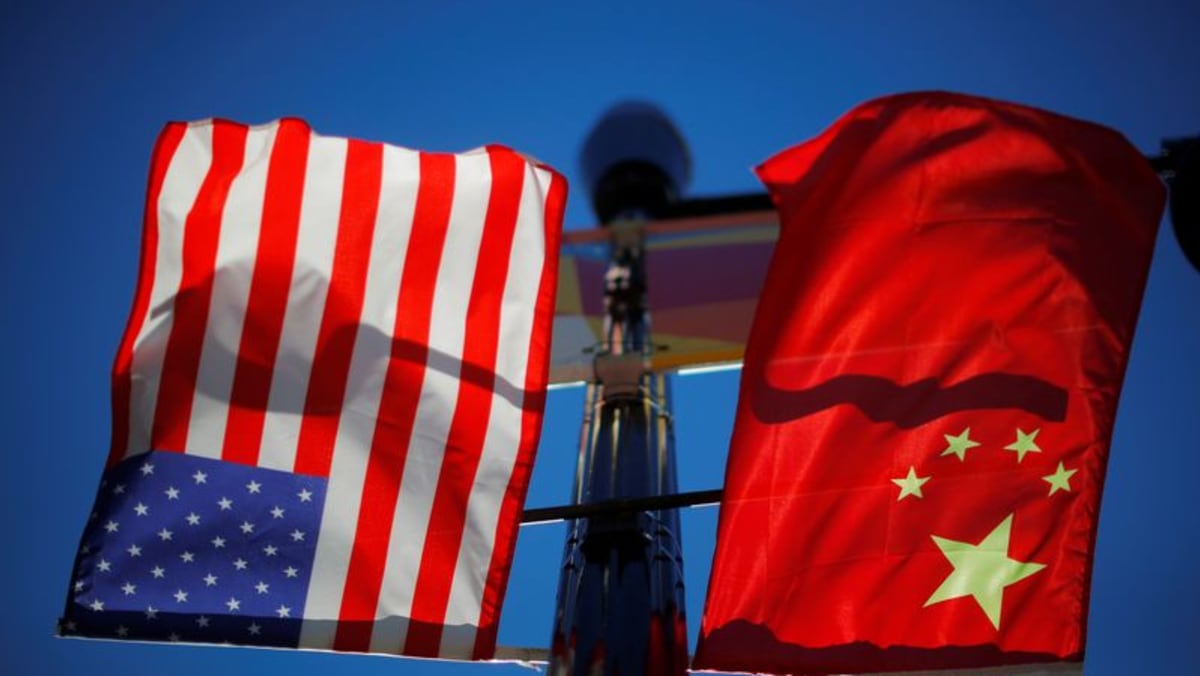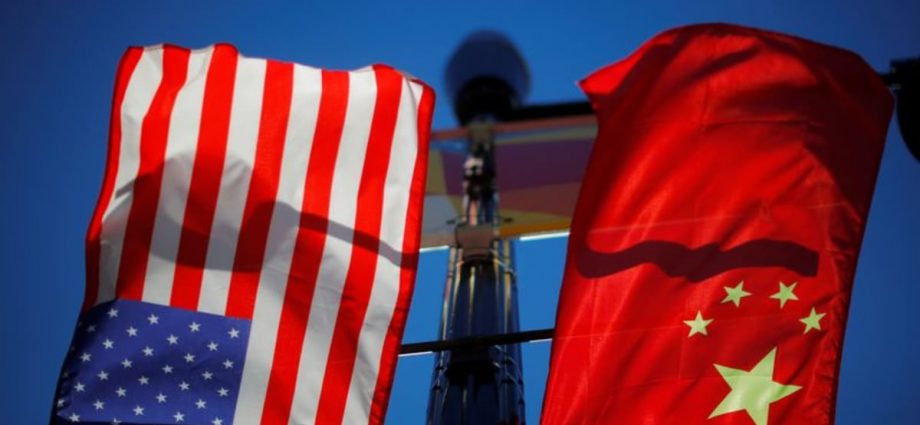
But Daly said Xi casting himself as a mediator could help at the margins in Europe, and especially in developing nations which share little of the US enthusiasm for preserving an “international rules-based order”.
Xi “doesn’t actually have to move the needle on peace or a ceasefire in Ukraine”, he added.
“All he has to do is profess interest in peace and, somewhat contradictorily, in sovereignty and respecting others’ territorial integrity and he gets what he needs.”
LOW RISK, HIGH REWARD
The United States for years has called on China to assume more global responsibilities commensurate with its aspirations. Blinken allowed that Iran-Saudi reconciliation was a “good thing” even if brokered by China, which relies on oil imports from the rivals.
But China has entered only into selective spots. Iran and Saudi Arabia had already been looking at patching up, and any mediation would have been nearly impossible by the United States which has no diplomatic relations with Iran’s clerical rulers.
James Ryan, director of the Middle East program at the Foreign Policy Research Institute, said that China’s interest in the two countries was “purely economic”.
“China is not going to be providing security guarantees to this deal,” he said.
Yun Sun, director of the China program at the Stimson Center, said that the Iran-Saudi Arabia deal has “made a lot of people in the US uncomfortable”.
“The Chinese were just at the right time and the right place with the right relationships. They exploited the opportunity to be a mediator. In fact, they cannot mediate – there’s nothing they can offer,” she added.

